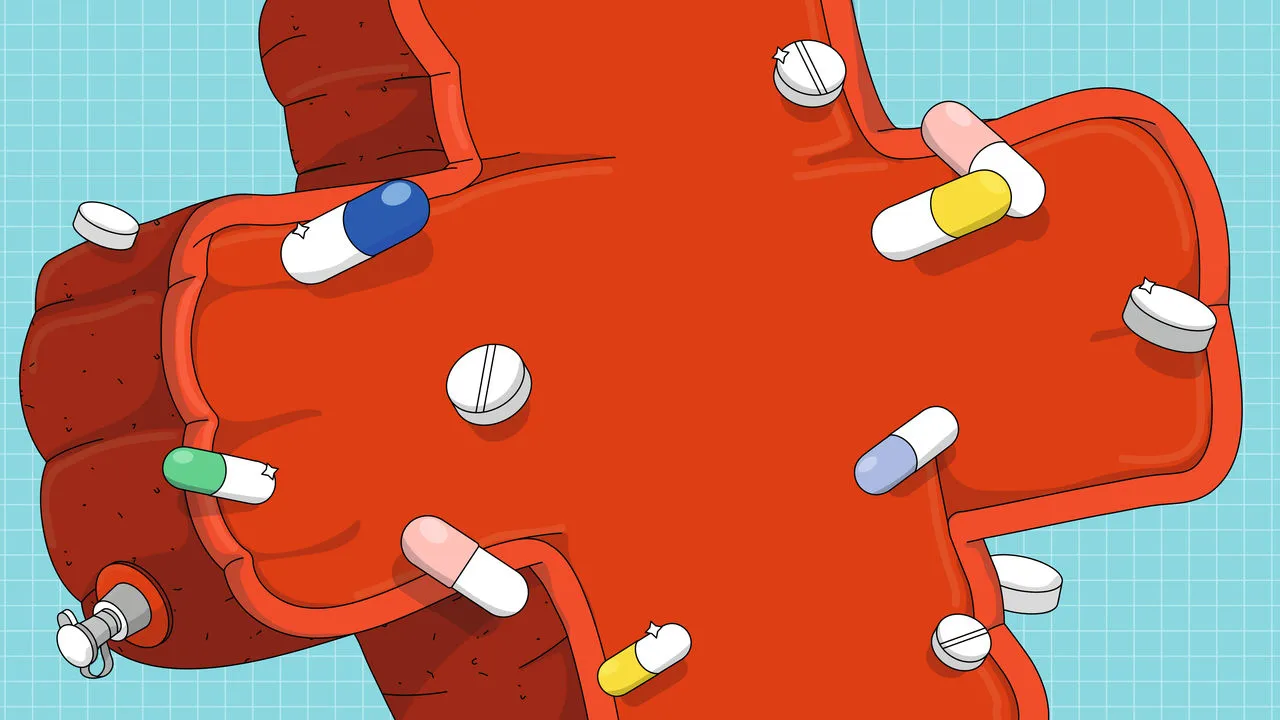Luckily, we don’t live in a world where anyone is debating whether Medicare should cover a broken finger because pinkies aren’t considered an important part of the body. But when it comes to insurance for dental care, that’s how the mouth has long been regarded.
Since 1965, when Medicare was created, oral health care was deemed non-essential and excluded from coverage plans, perpetuating an arbitrary and harmful division between medical health and oral health. But we might be one step closer to changing that if Congress approves the Medicare Dental Benefit Act of 2021, which would provide dental coverage to all Medicare recipients.
This is long overdue. Oral health is a crucial part of overall health, affecting the ability to eat, speak and socialize. Infected teeth and gums not only cause excruciating pain but can be fatal if the infection spreads to the bloodstream.
If you can’t chew properly, nutrition suffers. If you’re too self-conscious to smile or talk because you have missing or disfigured teeth, it impacts your mental health and even your employment prospects. Studies even show that people with tooth loss or severe decay were less likely to be hired by employers.
For senior citizens, dental care is especially important. As we age, our teeth require more maintenance and often need to be replaced with dentures or implants. Under existing Medicare plans, oral health is only covered if it’s considered “medically necessary.’’ This limits care to procedures such as dental exams before cancer treatment or corrective measures to repair facial trauma. ” But even this designation is arbitrary. Dental extractions prior to head and neck radiation therapy is covered, but measures to prevent infection during transplant surgery and other cancer treatment is not. And if a patient suffers head trauma, costs associated with hospitalization and surgery would be covered, but restoring teeth lost or fractured during an accident might not be.
Wealthier seniors can opt to pay into a Medicare Advantage plan, which covers routine care like cleanings and fillings, along with partial coverage for crowns and dentures. But many can’t afford it. According to the Kaiser Family Foundation, an estimated 25 million Medicare recipients have no dental coverage at all.
Americans know that oral health is important. In polls, both Democrat and Republican voters support expanding Medicare to include dental coverage, but in Washington, Congress is divided along party lines over whether to pass the bill.
If the Medicare Dental Benefit Act is approved, it would be a public health milestone. But it would be far better if the government and the health insurance industry eliminated the medical/dental distinction.
Dental care must be as comprehensive as Medicare’s medical health benefits, including routine checkups and catastrophic events. It should pay for preventive measures, like teeth cleaning, in addition to treatment for infections. There should also be coverage for esthetic procedures that greatly improve mental health and the ability to earn a living, such as dentures or crowns for missing front teeth.
The American Dental Association (ADA) opposes expanding Medicare dental benefits to all income levels, arguing that they should be provided only to low-income senior citizens. I strongly disagree. This is another way of segregating dental health from medical health. No other aspect of Medicare has a financial test for eligibility, so why should dental coverage be any different?
At the same time, ADA, which successfully lobbied against having dental care included when Medicare was created more than 50 years ago, has some valid concerns. The administrative burden for dentists who accept Medicaid and Medicare is heavy because dental care isn’t incorporated into the overall Medicare system. Medicare reimbursement carries significant administrative burdens. It encumbers dentists with an extra layer of red tape, consuming staff time and energy. Streamlining the process, and reimbursing dentists at rates that cover the costs of running a practice, would help make it worthwhile for them to participate.
It’s time for government leaders to acknowledge that a healthy body includes a healthy mouth— and create a system of care that makes it easier for everyone to smile.
Cecile A. Feldman is dean of the Rutgers School of Dental Medicine.
Source: https://www.nj.com/opinion/2021/10/all-seniors-need-their-teeth-that-means-they-all-deserve-dental-coverage-through-medicare-opinion.html




